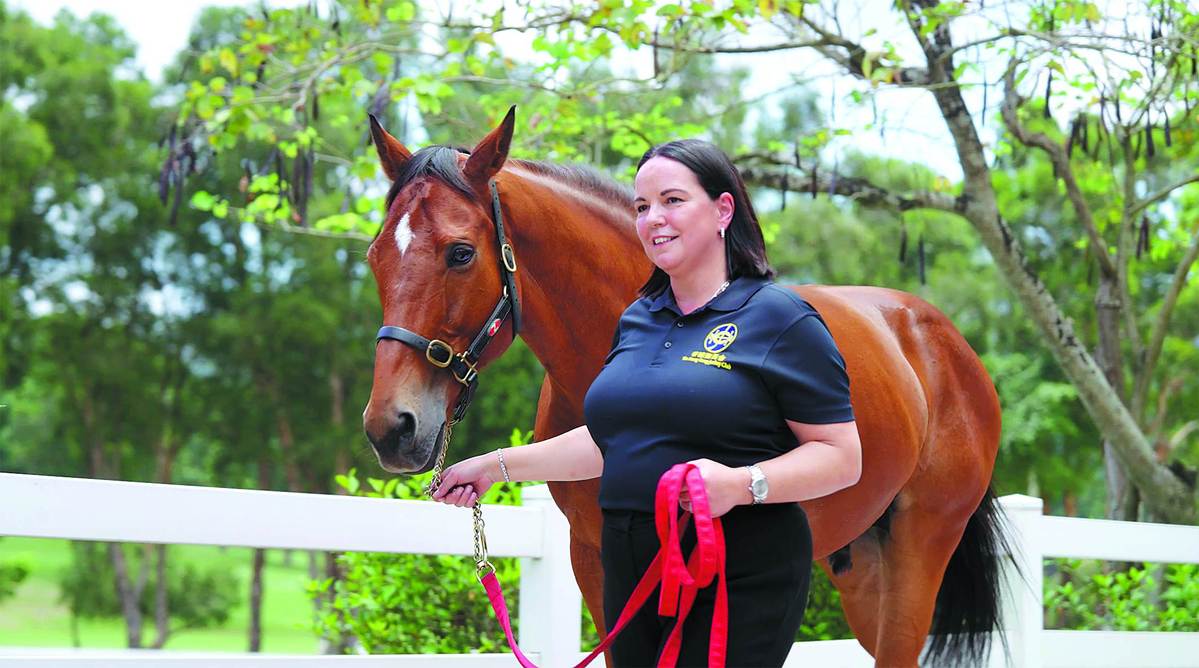Tonglu firmly in the saddle after Asiad equestrian success


Using a legacy
Bond feels that after the Asian Games, the passion and interest in equestrian sports will continue in Tonglu and throughout the mainland.
Equestrianism holds a unique place among sports, she said.
It is the only sport at the Asian Games and the Olympic Games that involves interaction with animals, which can teach humans to respect animals. It is also the only sport at both these major events in which male and female athletes compete at the same stage. In addition, it has no age restrictions, with competitors in international equestrian events ranging from teenagers to riders in their 70s and above.
"As an inclusive sport, equestrianism fills us with pride," Bond said, adding that organizing such events can increase local appreciation of the sport.
The events can also dispel the misconception that equestrianism is inherently dangerous, she added.
"People can learn that as long as they're trained well, use the right methods to ride, and show respect for the horse, equestrianism is no more dangerous than other sports," she said.
Efforts are also underway to preserve the legacy of the Asian Games.
Bond said the HKJC will cooperate with the authorities in Hangzhou to further explore the use of Games venues and facilities.
In June, the club signed an MOU with the Hangzhou government to strengthen cooperation and exchanges to drive development of the equine sports industry in the country. Both sides will work together to explore new operating models for the existing venues in Hangzhou, such as developing a post-Asian Games plan for use of the Tonglu Equestrian Centre.
They will explore cooperation for national and regional equestrian events, horse-riding education, and cultural tourism. They will also strengthen talent development, and the club will provide training for equine sports professionals, veterinary and farrier services, and stable management.
It will strive to boost the popularity of equine sports through community activities, education programs and media publicity to raise public awareness and participation.
Hong Kong and the mainland have collaborated in equestrian work for several years, Bond said, adding that she has witnessed the remarkable progress of equestrian sports on the mainland over the past two decades.
The number of equestrian clubs on the mainland has risen from 1,000 in 2017 to more than 3,000 this year.
In June, the national team secured entry to the equestrian triathlon team event at the Paris Olympics next year in the qualification round. At the Asian Games in Hangzhou, the national team won two gold medals, one-third of the total number of golds for equestrian sport.
Bond said that as the Asian Games proved that the mainland has the ability to host top-tier equestrian events, the HKJC hopes more such events can be held on the mainland.
She also said that compared with Europe, there are greater challenges in moving horses between Asian nations, and these problems are hindering the advancement of equestrianism across the region. To remove obstacles to equestrian growth, she called on Asian countries to work together to enable cross-border equine mobility and increase international cooperation in this respect.























